NEW YORK TIMES BEST SELLER – NEW YORK TIMES NOTABLE BOOK OF THE YEAR
A BEST BOOK OF THE YEAR: NEW YORK TIMES – GOODREADS – KIRKUS
CARNEGIE MEDAL FOR EXCELLENCE NOMINEE
“A total banger…[ The Passenger] blends the rowdy humor of some of McCarthy’s early novels with the parched tone of his more apocalyptic later work. It’s the first novel I’ve read in years that I feel I need to read three more times to fully understand, and that I want to read three more times simply to savor. It’s so packed with funny, strange, haunted sentences that other writers will be stealing lines from it for epigraphs, as if it were Ecclesiastes, for the next 150 years….The whole thing reads like a cosmic, bleakly funny John D. MacDonald thriller… The Passenger is a great New Orleans novel. It’s a great food novel…For anyone who cares, it’s also a great Knoxville novel — Knoxville being where McCarthy spent most of his childhood. It’s filled with references to his earlier work…A sprawling book of ideas.”
-Dwight Garner, The New York Times
“A brilliant book… A stunning accomplishment…McCarthy turns his substantial writerly gifts upon two distinct forces: the mechanical and the theoretical. He attends to the exquisite detail of Bobby’s physical world–the sounds and feel of an oil rig in a storm, the touch and clunk of a cigarette machine in a bar, the step-by-step process of removing a bathroom cabinet or digging up and carting off buried treasure…It’s Cormac McCarthy writing as only Cormac McCarthy can.”
-Carolyn Kellogg, Los Angeles Times
“McCarthy has assembled all the chilling ingredients of a locked-room mystery. But he leaps outside the boundaries of that antique form, just as he reworked the apocalypse in The Road… Western knows he’s suspected of something, but he’s not told what. The two men who repeatedly question him never drop their formal politeness–never flash a bolt gun like Anton Chigurh in No Country for Old Men–but Western knows that his life is in danger and that he must run… The style–a mingling of profound contemplation and rapid-fire dialogue, always without quotation marks and often without attribution–is pure McCarthy.”
–Ron Charles, The Washington Post
“With the publication of The Passenger and its companion novel Stella Maris, McCarthy seems to be done mining the myth of America. Instead, he ponders what it means to exist, and what our history tells us about our future… He digs into the big ideas of the universe, like human existence and what it means, as well as what our history and memory mean. He’s searching for something different… Where other writers venture into the mind and soul, McCarthy has leapt past that to ask what a soul is–and if it even exists…. McCarthy is no longer searching in the dirt trail across the West and saying, ‘This is it. This is our human nature.’ In The Passenger and Stella Maris, he’s trying to see the God that made the man who wrote those words.”
–Kevin Koczwara, Esquire
“After sixteen years of characteristic seclusion, McCarthy returns with a one-two punch… The Passenger is an elegiac meditation on guilt, grief, and spirituality. Packed with textbook McCarthy hallmarks, like transgressive behaviors and cascades of ecstatic language, it’s a welcome return from a legend who’s been gone too long.”
–Adrienne Westenfeld, Esquire
“At 89, [McCarthy is] still riffing, like a jazz virtuoso, on the American Nightmare, Faulkner’s mythmaking, and the cadences of Joyce. McCarthy’s flame burns bright and clear in two new works… The Passenger, wondrous in its architecture, and a companion piece, Stella Maris, a minimalist, edgy novella…McCarthy toggles between books and across decades, sketching the contours of a love that dare not say its name. McCarthy’s art is transcendent even as it takes no prisoners, an achievement akin only to the oeuvres of his greatest peers, Toni Morrison and Philip Roth. He will endure.”
—Oprah Daily
“Sometimes I think the reason literary criticism got obsessed with evaluating prose as ‘sentences’ over the past few decades is simply that McCarthy’s are so good. They rattle out at you like little bullets, mean and punchy and precise… Taken together, [ The Passenger and Stella Maris] offer an intellectual experience that’s not quite like anything else out there, laced with the eerie beauty that only Cormac McCarthy can offer.”
–Constance Grady, Vox
“His first novels since his 2006 Pulitzer Prize winner The Road…are as bold and intellectually keen as anything the author’s ever written…Faulknerian.”
–Barbara VanDenburgh, USA Today
“An imposing achievement and a testament to nearly nine decades of inquiry by a brilliant mind…The Passenger is a powerful and thought-provoking distillation of many of the genres and ideas that have obsessed McCarthy throughout his career. There are lyrical evocations of nature reminiscent of The Border Trilogy, elements of sinister thriller straight from Νo Country for Old Men, moments of death-haunted solitude that recall The Road, and a comic cataloging of deviants and misfits that revives the riverside anthropology of Suttree. The book’s kaleidoscopic compression of sensibilities and subjects constitutes a new aesthetic in its own right.”
–Nick Romeo, Daily Beast
“Like [Bob] Dylan, McCarthy fashions the country as a cast-iron, biblical land where grand themes play out in vast landscapes around lonely, small people. You can practically hear the rusty gate swaying in the wind, everything made of leather, mud, or simmering flesh. Most of us imagine life as a high-wire act with oneself as the acrobat, but McCarthy acknowledges it as a bridge, an ordinary path of extraordinary consequence with a beginning, an end, and an edge most men don’t ever tempt…The language in The Passenger and Stella Maris is compelling and soulful, even when the voice sounds sharp. Amid…talk of mathematics and wickedness and hideous ruination, there is poetry and the rhythm of song. Sheddan’s lines alone are worth the price of admission, such as when he says humans are ‘ten percent biology and ninety percent nightrumor, ‘ and that ‘every remedy for loneliness only postpones it.'”
–Nathan King, Air Mail
” The Passenger and Stella Maris tackle dazzlingly fresh ground…McCarthy’s daring has not dimmed since The Road, and The Passenger and Stella Maris pull no punches as they explore the craggiest regions of human consciousness through two of McCarthy’s most vividly drawn characters… McCarthy’s writing retains the tangible gristle of a field guide, full of the organic solidity and exacting diction that have helped solidify his reputation… Read together, The Passenger and Stella Maris are a fascinating diptych, bringing light and depth to each other. The mysteries and coincidences are legion, and mirrored moments are plentiful …. McCarthy’s writing pursues a sublime and majestic undercurrent weaving through the dark waves of chaos…. The results are staggering.”
–Seth L. Riley, The Millions
“Critics have detected the influence on [McCarthy] of Faulkner and Hemingway, but this is to understate his achievement. His new novel, The Passenger, shows that McCarthy belongs in the company of Melville and Dostoevsky, writers the world will never cease to need…Many of the book’s scenes have a numinous, enigmatic quality that lingers in the mind… The Passenger is a study in living without answers.”
–John Gray, New Statesman
“A sprawling, surreal affair, a book as strange as any he’s ever written, and reminiscent of the melancholy drift and God-haunted monologues of McCarthy’s earliest novels….Almost everything about the novel’s first hundred pages generates expectations for something tough, lean and violent…And then–beautifully, mysteriously, and somewhat bafflingly–we get another book entirely … McCarthy [is]…a writer of both wonderfully taut and often very funny dialogue, and this is a book full of talk, bouncing from jokey drunk chat to near-baffling stretches of monologic erudition … He is a prose stylist without peer … On almost every page some Faulknerian dazzle finds you…It’s thrilling to return to writing as unashamedly biblical and rhetorical as this.”
-Adam Rivett, The Sydney Morning Herald
“[ The Passenger] is among McCarthy’s most quietly reflective novels, recalling the moments of serenity amid scenes of devastation that made The Road so haunting…The ebb and flow of spare economy and lyrical intoxication undoubtedly lends the most rhapsodic passages a poignancy unusual even by McCarthy’s standards….A moving and characteristically disconcerting addition to the oeuvre of one of America’s greatest writers.”
–Doug Battersby, Irish Times
“A…beautifully rendered meditation on humanity’s relationship to nature… McCarthy, perhaps the most lyrical poet of slaughter since Homer, is at his most biblical and elegiac describing the horrors of Hiroshima and Nagasaki… The Passenger and Stella Maris together form a profound addition to the legacy of a true literary savant.”
–Ed Tarkington, Chapter 16
“[McCarthy] rockets readers into the black hole at the hub of his galactic imagination, an event horizon so rich and dense we can only marvel as we fall through its warped fabric….Like Moses, McCarthy seeks a land of milk and honey beyond the rim of the universe but spies only oblivion (and perhaps the ghostly glow of math)… Despite the darkness ahead, The Passenger and Stella Maris crown a magnificent career that will guide us forward, for as long as the lights stay on.”
–Hamilton Cain, Star Tribune
“[A] dizzyingly metaphysical treatise on the human condition. Although McCarthy initially clothes The Passenger in the trappings of Hitchcockian espionage, it only takes so many conversations between Western and his lively cadre of barfly philosopher chums to realize that it’s in these digressions where McCarthy’s true fascination lies…The full payoff is unquestionably something remarkable. Eschewing body counts for philosophical debate, the legacy of McCarthy’s new offerings is…both magnificent and cruelly impossible to define.”
–Zack Ruskin, SF Chronicle
“[McCarthy] reigns as a titan of American lit–an undisputed heir to Melville and Faulkner, the subject of infinite grad-school theses, and a hard-nosed dispenser of what Saul Bellow called ‘life-giving and death-dealing’ sentences… It’s the humid, fevered, magniloquent, Bible-cadenced, comma-starved, word-drunk prose of what some fans consider his masterwork, Suttree… There’s a lot here. It might make your head spin… What it all adds up to–perhaps surprisingly–is a doomed and unsettling love story, a Platonic tragedy…. Electric and thunderous… An astonishing pair of novels… Taken together, The Passenger and Stella Maris are an intellectually breathtaking achievement.”
-Jonathan Miles, Garden & Gun
“This gripping mystery is sure to satisfy readers of one of our most acclaimed living authors.”
–Chicago Review of Books
“The darkness of McCarthy’s subject matter, combined with a high-flown style that earns him comparisons to William Faulkner and James Joyce, has contributed to his legend as perhaps the greatest living American author…At a time when the dominant strain of American writing is still ‘autofiction, ‘ …McCarthy’s epic, blood-drenched tales of the American South and Southwest are a throwback to a time when novelists wrote big books about big questions and had the temerity to think they could answer them…Death and violence are his great subjects, which he approaches with philosophical rigour and theological depth.”
-Park Macdougald, UnHerd
“A compelling read… The Passenger is, to coin a phrase, a pre-apocalyptic novel… McCarthy has a lilting legato to his prose; usually quiet, sometimes unexpected. The word ‘gray’ is seeded across the novel…There is no black or white in this ashen world.”
-Stuart Kelly, The Scotsman
“Chilling and masterly…. His prose frequently approaches the Shakespearean, ranging from droll humor to the rapid-fire spouting of quotable fecundity. Dialogues click into place like a finely tuned engine. McCarthy has somehow added a new register to his inimitable voice. Long ensconced in the literary firmament, McCarthy further bolsters his claim for the Mount Rushmore of the literary arts.”
-Booklist, starred
“A beguiling, surpassingly strange novel by the renowned–and decidedly idiosyncratic–author of Blood Meridian (1982) and The Road (2006)… It’s all vintage McCarthy, if less bloody than much of his work: Having logged time among scientists as a trustee at the Santa Fe Institute, he’s now more interested in darting quarks than exploding heads…Plenty of his trademark themes and techniques are in evidence, from conspiracy theories…and shocking behavior…to flights of beautiful language…Enigmatic, elegant, extraordinary: a welcome return after a too-long absence.”
—Kirkus Reviews, starred
“A rich story of an underachieving salvage diver in 1980 New Orleans… This thriller narrative is intertwined with the story of Western’s sister, Alicia… He dazzles with his descriptions of a beautifully broken New Orleans… The book’s many pleasures will leave readers aching for the final installment.”
—Publishers Weekly
” The Passenger is worthy of becoming your favorite new literary drug, a multifaceted jewel of a book that will keep you up all night reading and thinking…There is also plenty of grim laugh-out-loud humor scattered in the tales of war, death and love…[ The Passenger] is required and unforgettable reading that will make you even more impatient to encounter its companion.”
–Joe Hartlaub, Book Reporter
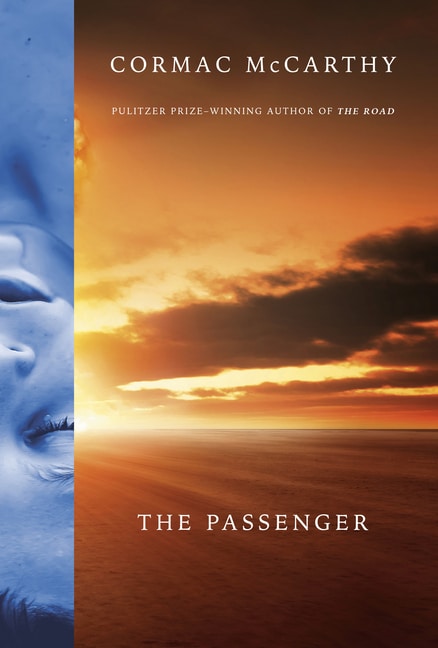
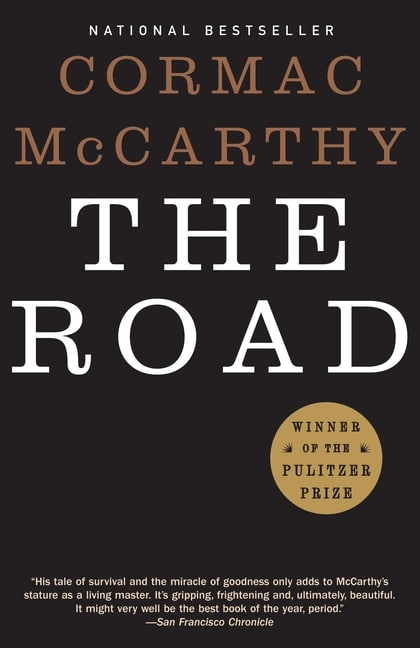
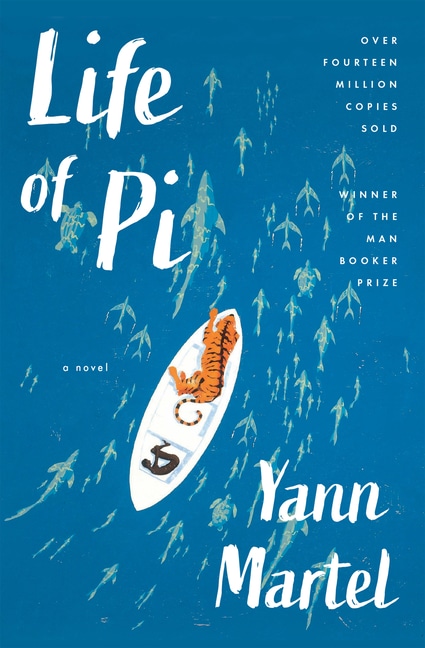
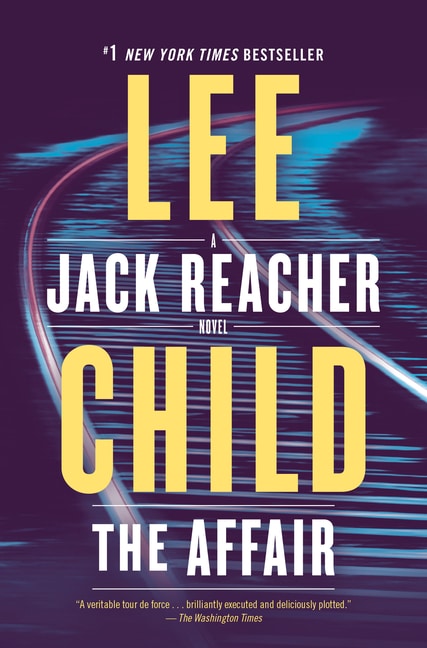
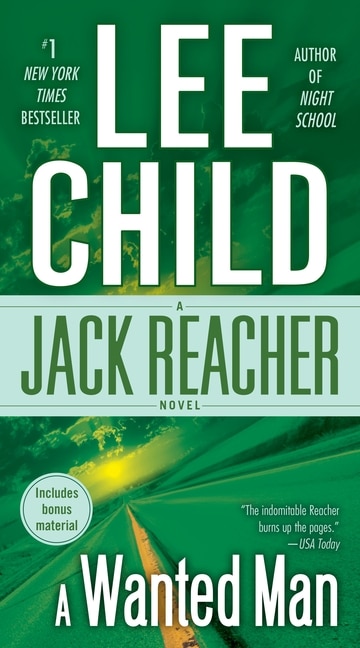
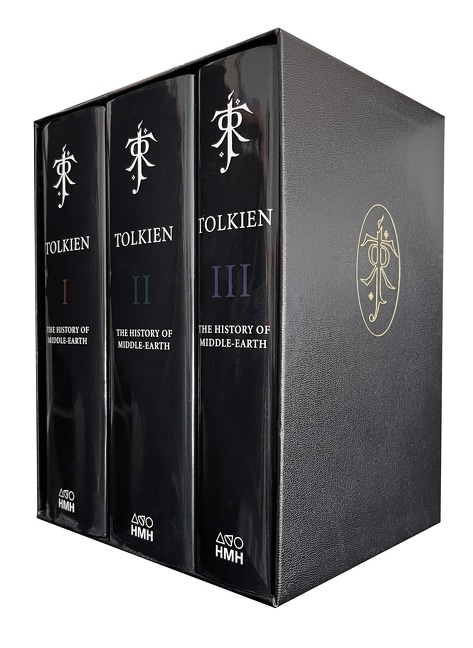
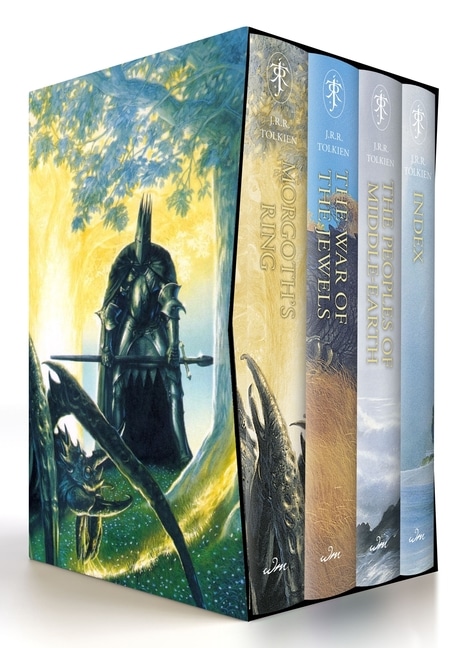
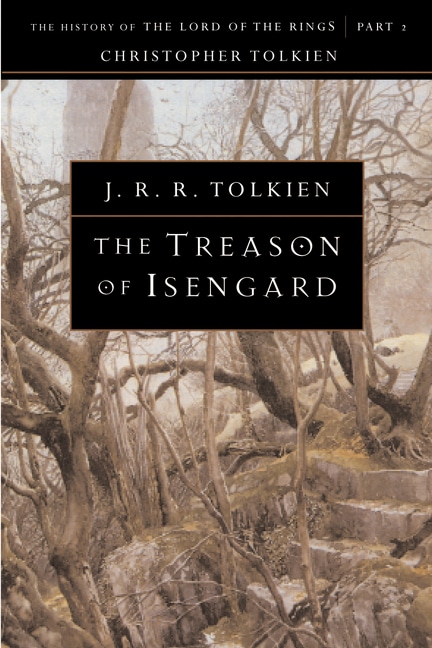
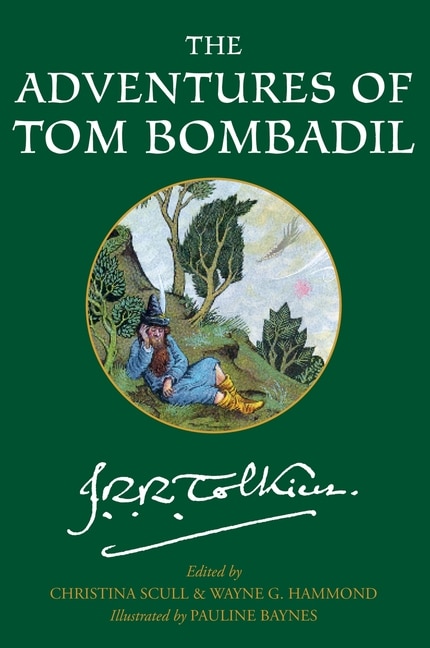
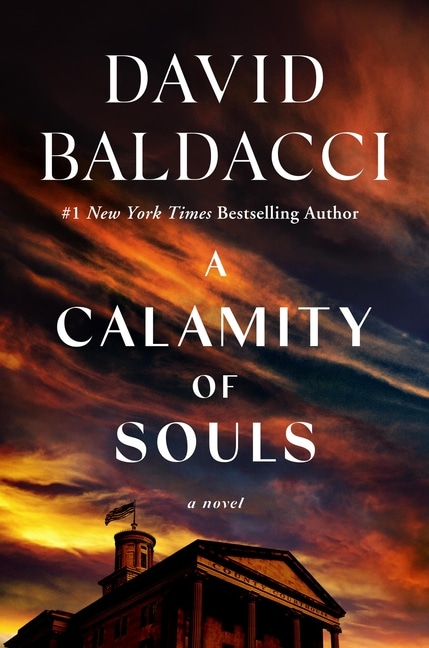
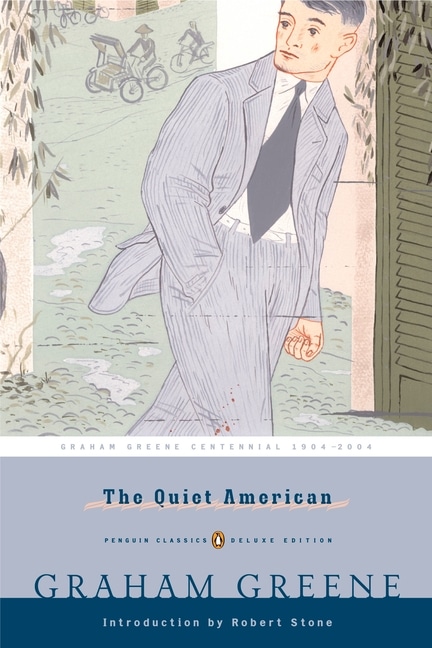
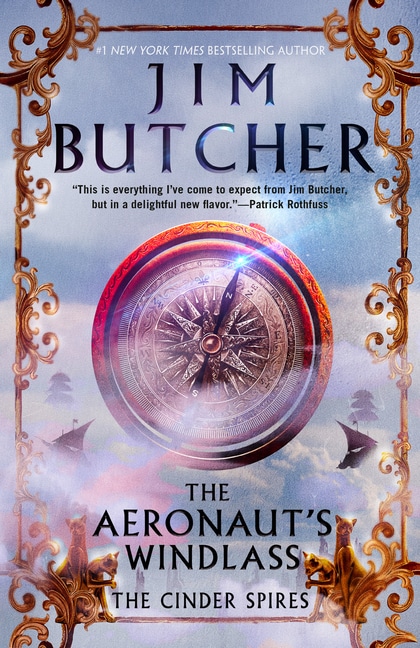
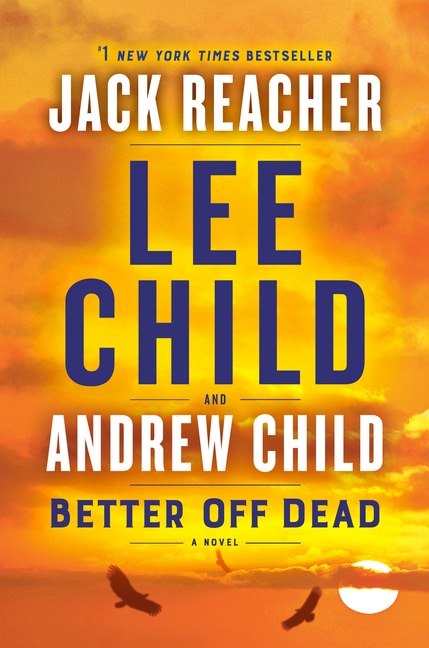
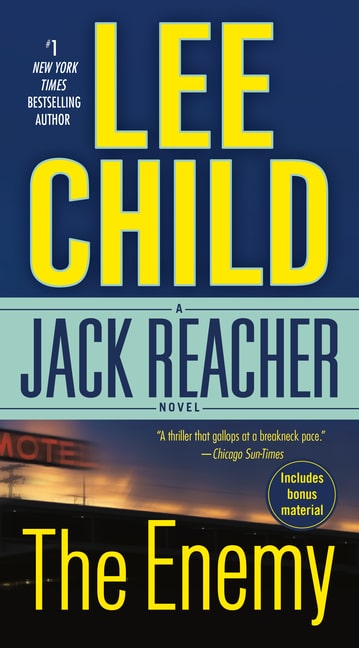
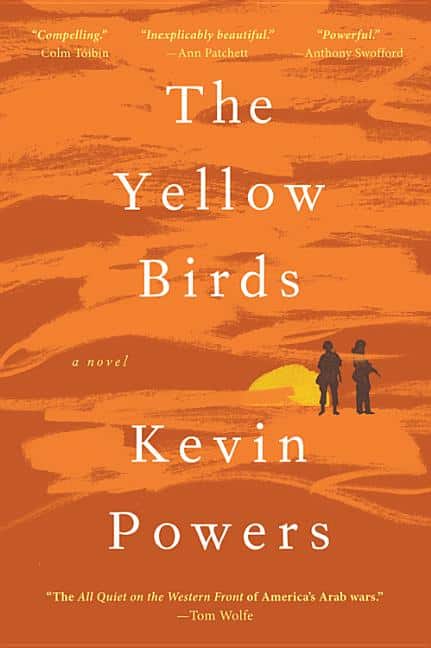
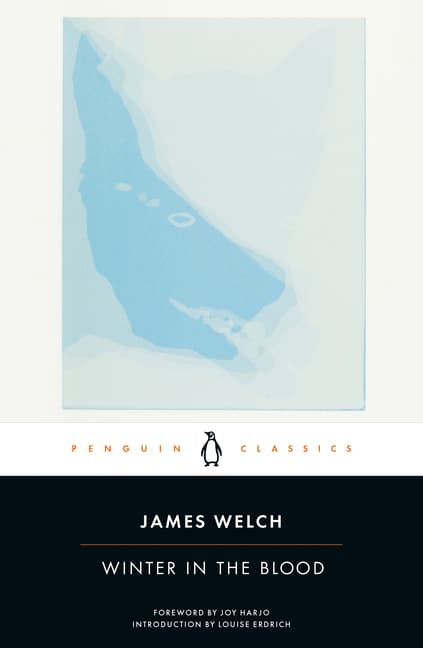
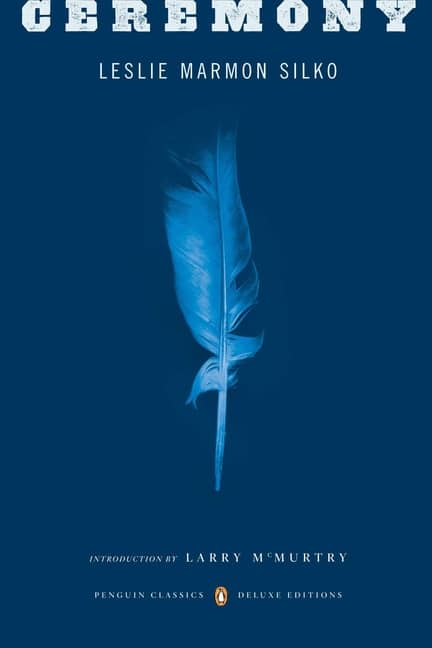
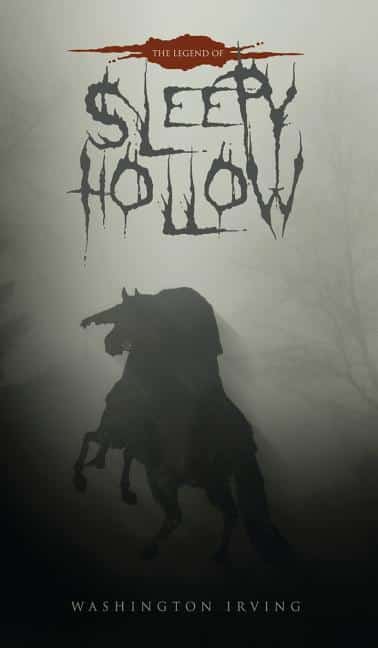
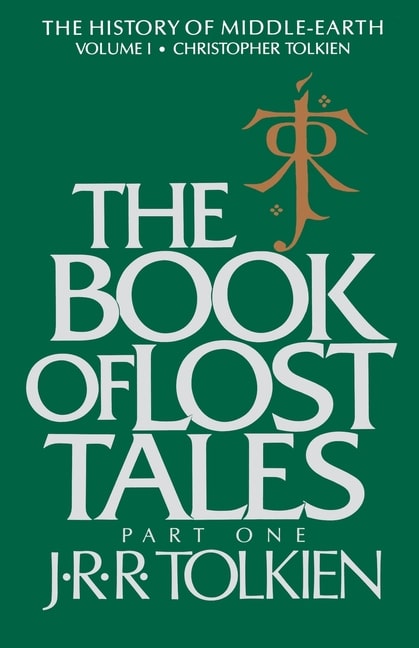
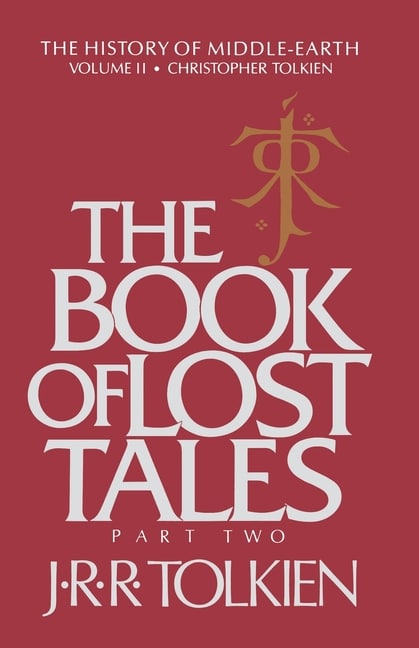
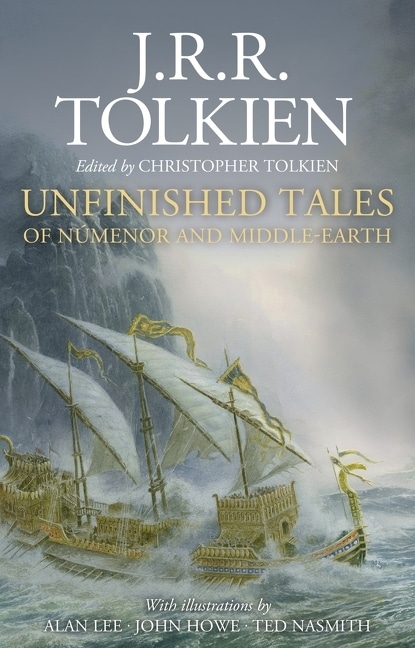
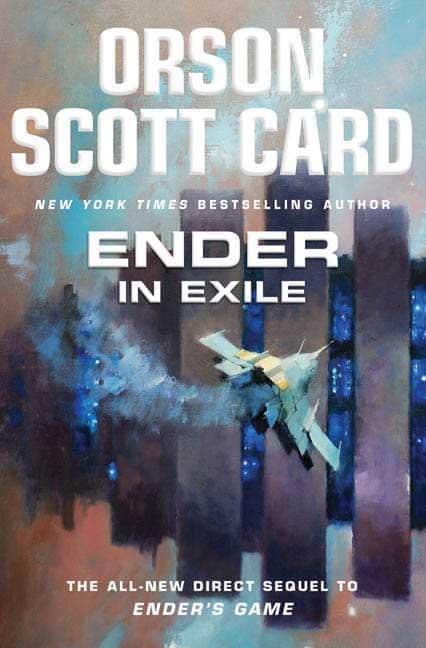
Reviews
There are no reviews yet.